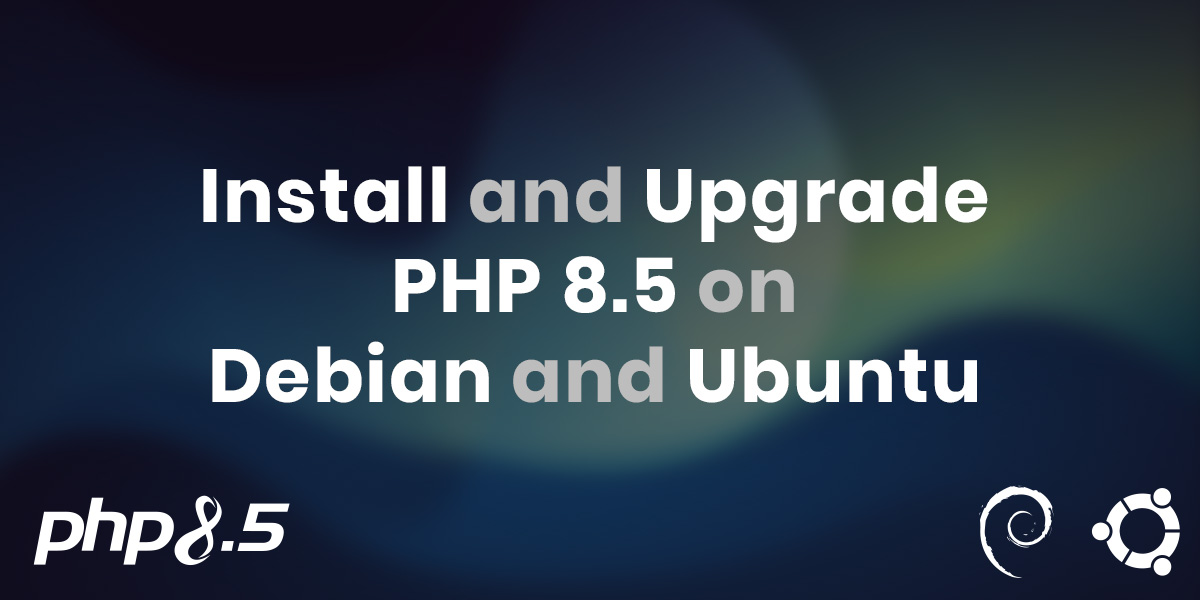Laravel Release Cycle Changes from 2021
 Laravel is one of the most active and loved PHP projects with frequent and consistent updates to keep up with latest PHP changes, testing tooling, and with improvements to its front-end components.
Laravel is one of the most active and loved PHP projects with frequent and consistent updates to keep up with latest PHP changes, testing tooling, and with improvements to its front-end components.
Laravel released a new major version every 4-7 months during its 5.x versions. Prior to Laravel 6, Laravel did not follow Semantic Versioning, and every new version in 5.x series were considered a new major version.
On September 2019, Laravel 6 was released, and it started to follow Semantic Versioning, and a new major version every 6 months. Following this release schedule, Laravel 7 was released on March 2020, and Laravel 8 on September 2020.
LTS versions of Laravel (such as Laravel 6 and upcoming Laravel 9) receive 2 years of bug fixes, and an additional year of security fixes. Non-LTS versions (such as Laravel 7 and 8) receive active support for at least 6 months.
Laravel project announced recently that it has changed its release cycle to release a new major version once a year. Following the Laravel 8 release in September 2020, Laravel 9 will be released on September 2021, Laravel 10 on September 2020, and so on.
Going forward, each major Laravel version will receive active support at least a year, followed by another year for security updates. However, the most likely case is that each major Laravel version receives two years of active support, and additional one year of security fixes. This aligns with the PHP's release cycle of two-year active support and an additional year of security fixes.
The rapid six-month release cycle met with some criticism from the community that it was difficult to keep up with the changes the project introduced, and this is a positive policy change from the Laravel project to accommodate more users and provide more leeway for users to update the existing applications.
In contrast to Laravel, Symfony project maintains a healthy backwards-compatibility policy, releases new minor versions every six months. Symfony 4.4 LTS, the last version of 4.x series was released on November 2019, and it will receive bug fixes and security fixes until November 2022. Symfony 4.0 was released on November 2017, and that means Symfony 4.x series receive support for five years, which is quite impressive given the sheer number of changes accumulated in PHP language itself over the recent years.
Drupal and WordPress maintains an even bigger support period. Drupal 7, that was released back in 2011 will continue to receive support until end of 2022, making it one of the longest supported PHP projects in history.
Changes in Laravel release cycle means Laravel users are not pressured to update to the latest Laravel version immediately. Laravel is widely used and well-tested software, and this change in the release cycle reassures its maturity as one of the most used PHP projects.


